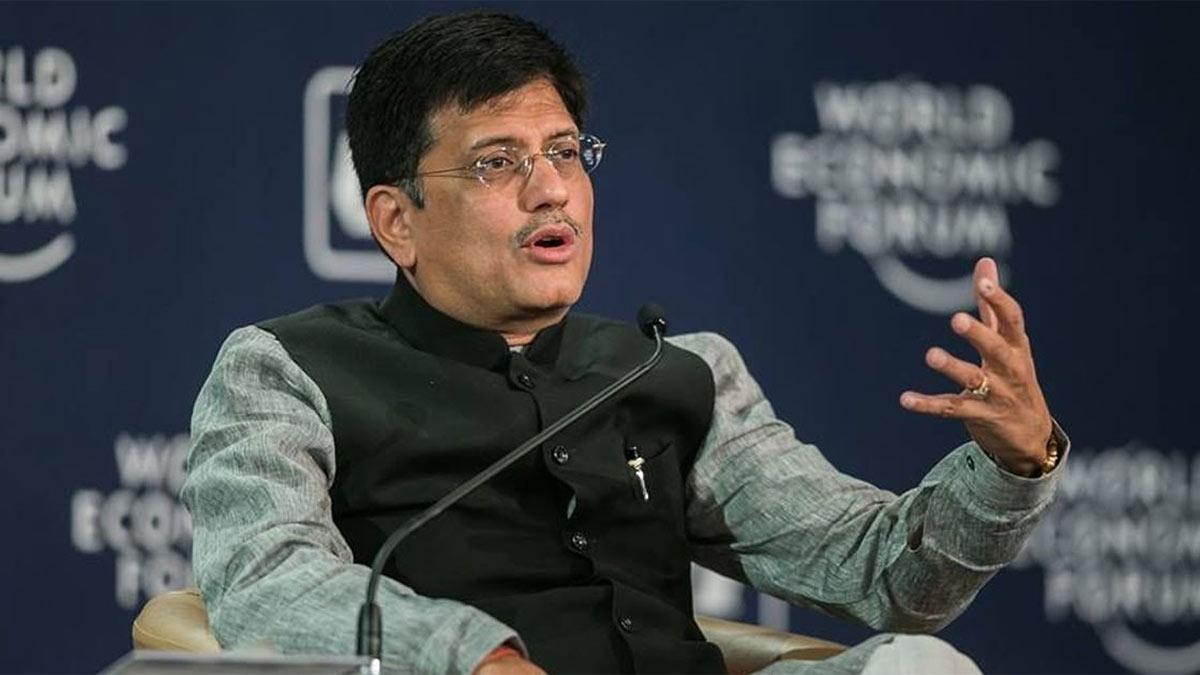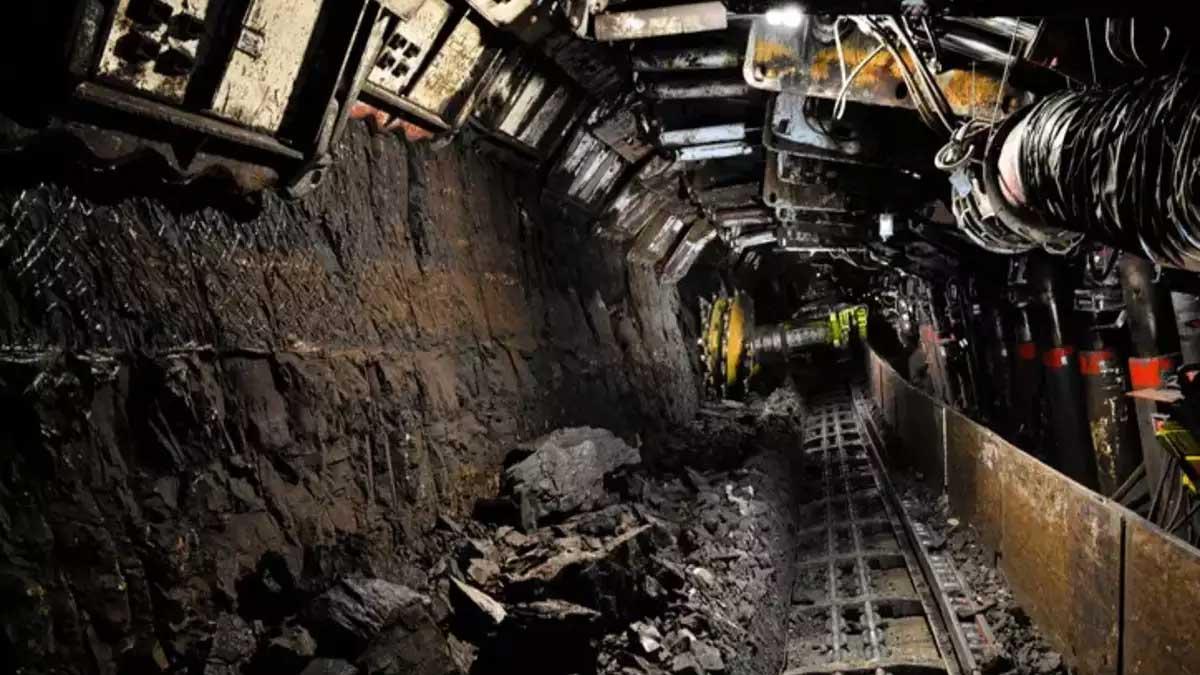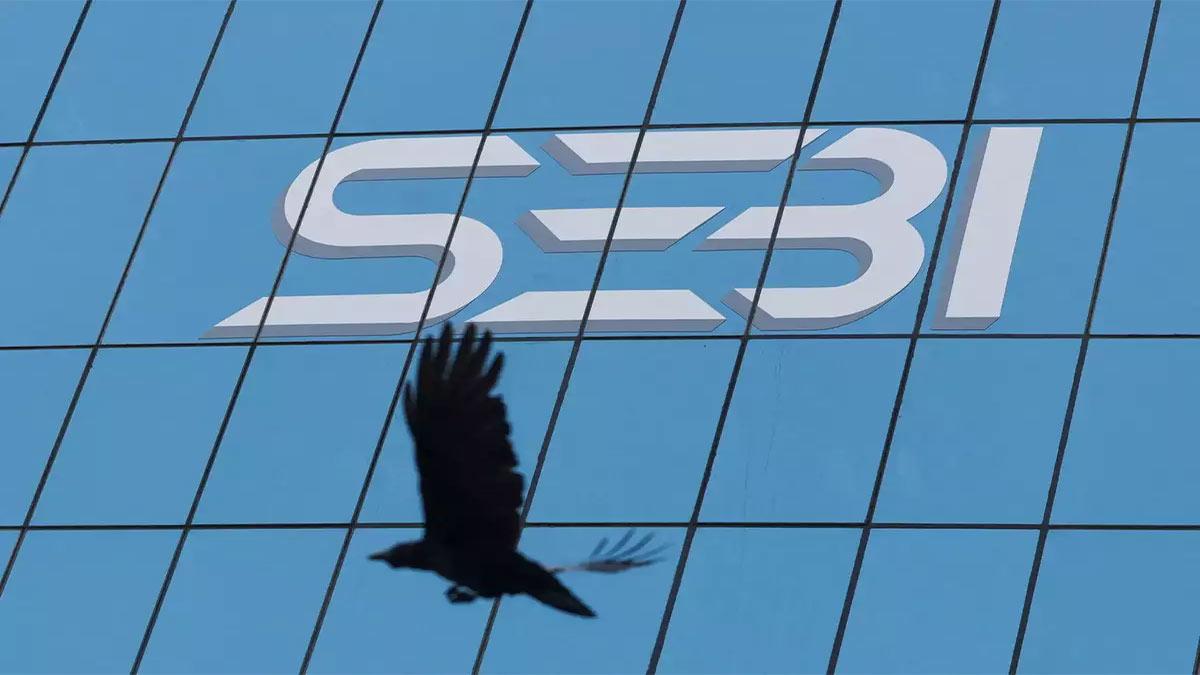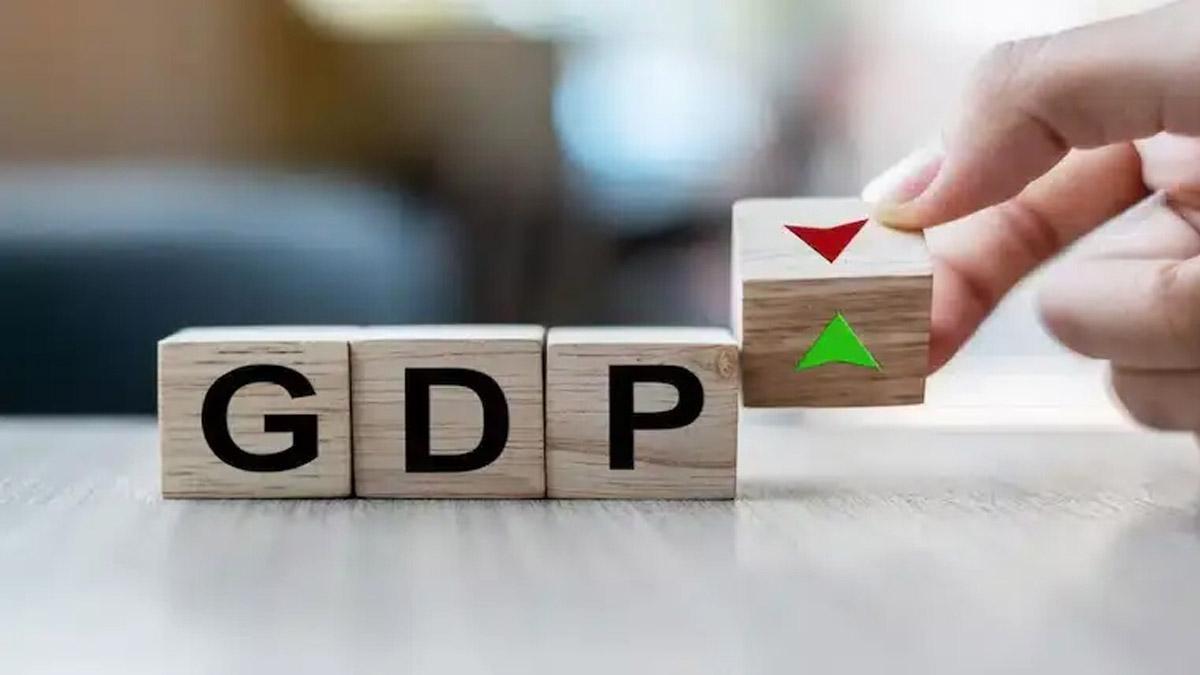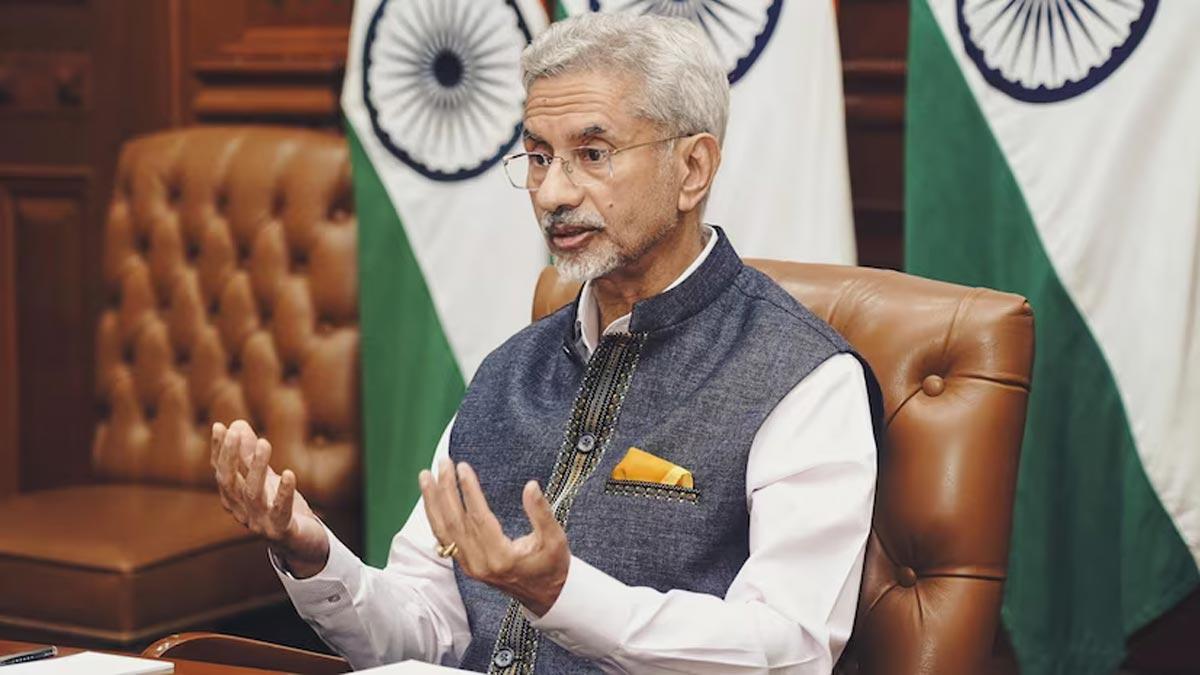Union Commerce Minister Piyush Goyal on Monday dismissed fears regarding India's imposed tariffs on the United States as just 7–8%, and are more to protect the domestic economy from unfair trade practices such as dumping.
"Our applied tariff to America is likely seven or eight per cent. It's not huge," said Goyal, adding that most of the 17% average tariffs fall in areas that India does not import anything. He did not give out details of ongoing talks with the US, which has slapped a 26% "reciprocal tariff" on Indian exports.
The minister reiterated that the tariffs were neither political nor personal. "It's not a friend or foe," he stressed, making a point that US tariffs were in place via an algorithm-driven methodology. Goyal also had his doubts regarding whether the US was capable of reciprocating to such tariffs successfully, and on the backdoor trade diversons, in the form of those shipped via Vietnam during previous US-China trade tensions.
Laying out his views on wider trade dynamics, Goyal ruled out fears of de-globalisation, instead claiming that the world is experiencing a period of "re-globalisation" and India can gain if global fair-trading countries join hands.
Goyal strongly condemned China for initiating the present distortions in the global economy through three decades of discriminatory trade practices. "The state of play today is a culmination of three decades of assault on a number of economies," he said, blaming Beijing for predatory pricing, clandestine subsidies, and exploitative labor.
He clarified that Chinese electric car manufacturer BYD is not wanted in India "at the present moment," complaining of China's trade conduct. "We were carried away," he further said, regarding the world's previous euphoria regarding China's accession to the WTO back in the mid-1990s.
Domestically, Goyal observed that India's growth continues to be robust in the face of global uncertainties, reflecting the limited export dependence of the country. He further noted that the rupee is stronger than most emerging market currencies, and the Indian equity markets have navigated external shocks comparatively well.
Goyal called upon Indian industry to flag instances of dumping. “We have received a representation from the steel sector and are exploring ways to safeguard it,” he said, reaffirming the government’s commitment to fair trade and industrial protection.
Read also| Government Raises Excise Duty on Petrol and Diesel Amid Global Oil Price Drop
Read also| Trump Vows to Maintain Tariffs Until U.S. Trade Deficit Is Eliminated

